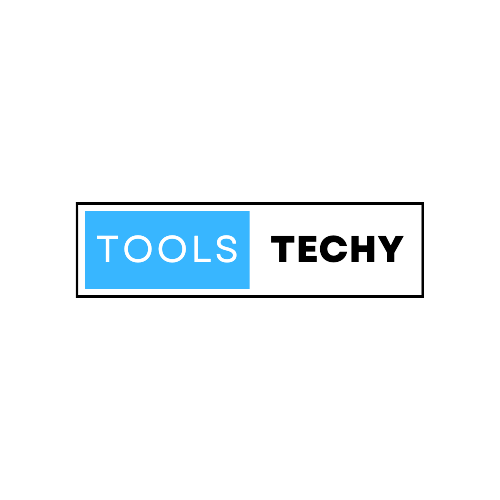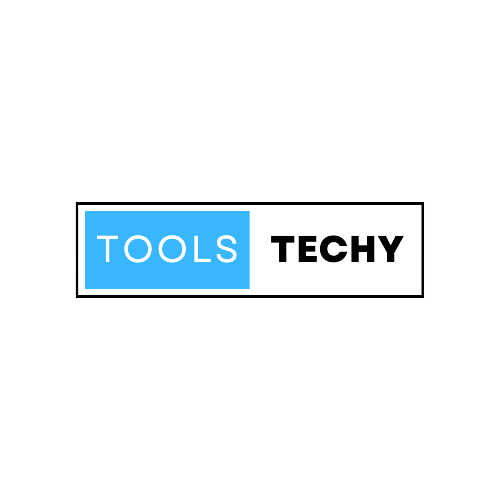Ways ChatGPT and AI tools help in learning technical subjects quickly
In the fast-paced world of technology, learning engineering subjects quickly and effectively is very important for professionals and students. Traditional teaching methods often need to catch up with the ever-changing landscape of technical knowledge. However, learners now have powerful tools to accelerate their learning process thanks to advanced language models like ChatGPT and artificial intelligence (AI) development. This article explores how ChatGPT and AI tools can significantly contribute to the effective learning technical subjects.
The Role of ChatGPT in learning engineering
Improved understanding
ChatGPT acts as a virtual tutor that can explain complex technical concepts in a simplified way. Natural language processing can break down complex topics into easy-to-understand explanations, making them more accessible to learners. By engaging in chat dialogue with ChatGPT, learners can enhance their understanding and clarify any confusion.
Personalized learning experiences
One of the outstanding advantages of ChatGPT is its ability to adapt to the needs of each learner. ChatGPT can personalize the learning experience by analyzing user input and preferences and providing personalized recommendations and resources. As a result of this individualized approach, students can learn at their own pace while receiving the most relevant and effective content.
Answering complex queries
Learners often need help finding the correct answer to complex technical questions. ChatGPT, powered by AI, can understand and respond to complex queries involving multiple variables or situations. It can provide detailed explanations and examples and guide learners through problem-solving, allowing them to grasp complex concepts more effectively.
Leverage AI tools for effective learning
Data and information analysis
AI tools can process large amounts of data, extract meaningful information, and present it in a way that is easy to understand. AI can identify knowledge gaps and recommend targeted learning resources by analyzing patterns and trends in engineering subjects. This data-driven approach allows learners to focus on areas that need improvement, optimizing their learning efforts.
Practice and Automated Feedback
Practice is key to mastering technical topics, and AI tools can provide automated practice exercises tailored to individual learners' needs. These tools provide real-time feedback, flag errors, and recommend corrective action. By getting immediate feedback and having the opportunity to practice iteratively, learners can more effectively hone their skills and deepen their understanding.
Virtual Labs and Simulations
AI tools enable the creation of virtual labs and simulations that reproduce real-world scenarios. Learners can test and apply their knowledge in a risk-free environment, gaining hands-on experience. These interactive simulations improve hands-on skills and foster creativity and critical thinking, making the learning process more engaging and immersive.
Overcome engineering learning challenges with AI.
Fix knowledge gaps
A common challenge in engineering learning is the presence of knowledge gaps. AI tools can identify areas where learners lack understanding and provide targeted resources to fill those gaps. Through personalized recommendations and adaptive learning algorithms, AI ensures learners receive the support they need to overcome obstacles and progress in their learning journey.
Improve problem-solving skills
Engineering subjects often require strong problem-solving skills. AI tools can help learners develop these skills by presenting them with difficult problems and guiding them through problem-solving. By analyzing different problem-solving approaches and providing feedback, AI helps learners refine their problem-solving strategies, ultimately making them more adept at solving technical challenges.
Improved retention and recall
Retaining knowledge for a long time is very important in engineering learning. AI tools use spaced repetition techniques, delivering content in a way that optimizes long-term retention. By periodically reviewing learned topics and reinforcing them with quizzes and assessments, AI tools help learners consolidate knowledge, ensuring better memorization and retention. Castle.
The Future of AI in engineering education
The potential of AI in engineering education is immense. More sophisticated and user-friendly AI tools will revolutionize the learning experience as AI technologies advance. From immersive virtual reality simulations to personalized learning paths with advanced algorithms, the future holds exciting possibilities for integrating AI into engineering education, making it more accessible, engaging and effective.
Conclusion
The integration of ChatGPT and AI tools has opened up new avenues to accelerate learning technical subjects. These tools improve understanding, provide personalized learning experiences, and provide solutions to complex queries. Through data analysis, automated practices, and virtual simulations, AI tools contribute to effective learning. Learners can acquire technical knowledge more effectively by overcoming challenges such as knowledge gaps and improving problem-solving skills. The future of AI in engineering education looks bright, with continued advancements shaping a more dynamic and adaptive learning environment.
Frequently asked questions
FAQ 1: Can AI completely replace traditional teaching methods?
While AI tools can significantly improve the learning experience but cannot completely replace traditional teaching methods. The human element in education, such as mentoring, emotional support, and critical thinking discussion, remains invaluable.
FAQ 2: Are AI tools available to everyone?
The accessibility of AI tools varies depending on availability, cost, and technology infrastructure. Efforts are being made to ensure better accessibility and rates, but there are still obstacles to consider.
FAQ 3: Can ChatGPT accommodate different learning styles?
Yes, ChatGPT can accommodate different learning styles. Analyzing user preferences and interactions can personalize the learning experience, catering to individual needs and preferences.
FAQ 4: Are there any ethical concerns about AI in education?
Ethical considerations are key when integrating AI into education. Data privacy, algorithmic bias, and the digital divide must be addressed to ensure fair and ethical use of AI tools in learning environments.
FAQ 5: How can AI support collaborative learning?
AI tools can facilitate collaborative learning by enabling real-time collaboration, providing a platform for projects and group discussions, and generating input-based ideas and recommendations for the collective. AI can foster collaboration among learners, improving their overall learning experience.






Comments (0)